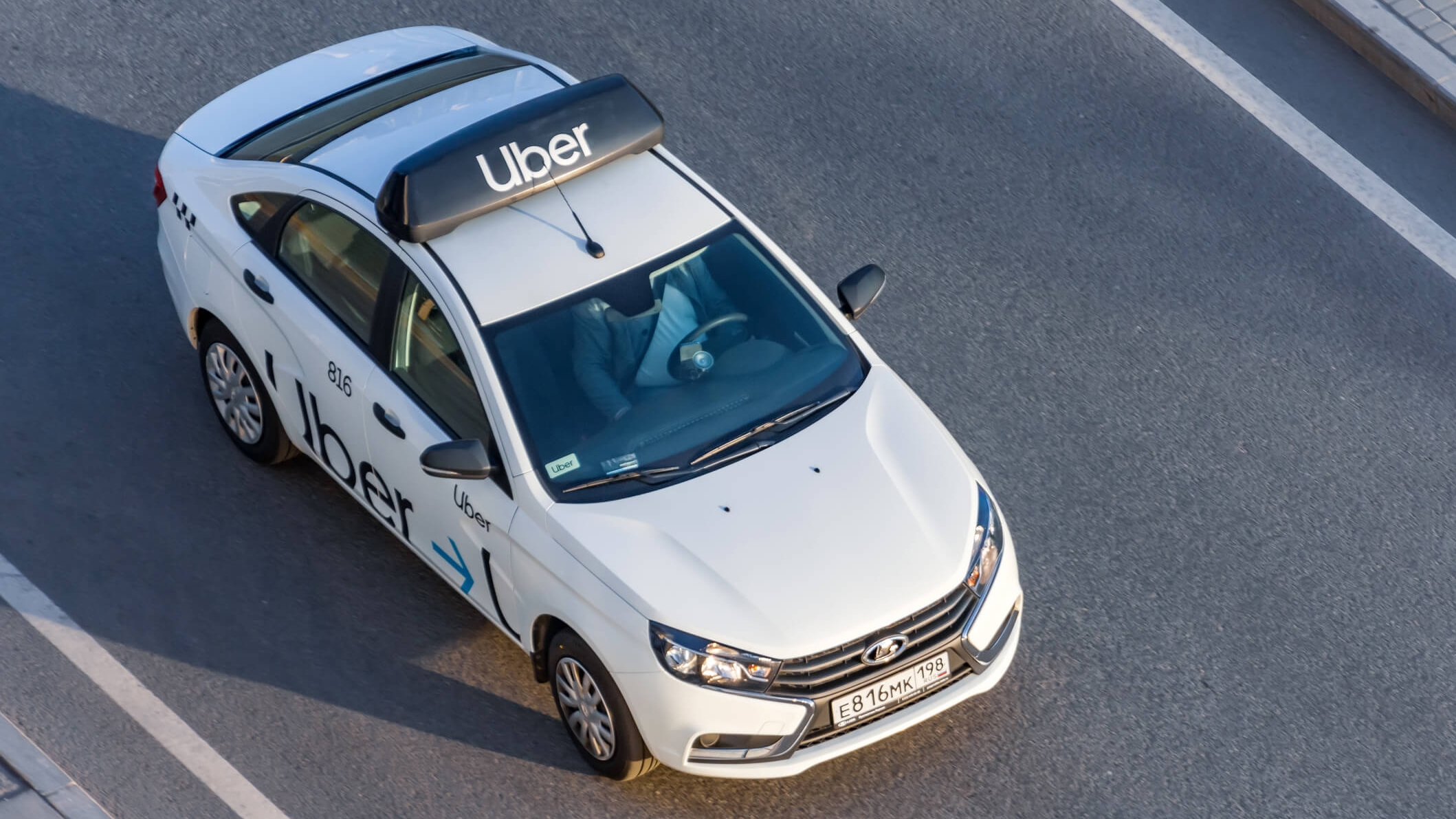
Uber appeal a test for defining contractors vs employees
Both an industry disrupter and the go-to way to get around for many of us, Uber has long positioned itself as a technology company rather than a traditional taxi provider. It also promotes itself as matching consumers with “independent” providers of ride services.
However, the Court of Appeal is currently considering an appeal brought by Uber that is a test case for what “independent” really means. The appeal follows an Employment Court decision that found four of Uber’s drivers were “employees” rather than independent contractors. [1]
In the first of a series of articles, we analyse the significance of the appeal, the complexities of categorising workers, especially in the gig economy, and the potential implications for businesses, employees, and consumers.
Why does it matter?
The Employment Court’s decision is relevant as it shows an openness by the Employment Court to categorise workers in the gig economy as employees, rather than as contractors. This creates uncertainty for businesses that utilise contractors, particularly businesses in the gig economy whose business model relies on contractors to undertake its work. Consumers who rely on the services may notice a change in cost if businesses are required to change their business models.
The Court of Appeal’s decision will clarify if it approves of this approach, or if a different approach is needed to recognise these types of workers.
Contractor versus employee
Put simply, independent contractors provide services according to agreed contractual terms. The independent contractor’s rights, and any obligations owed to them, are limited to the terms of the agreement. Employees meanwhile are automatically entitled to rights and benefits under New Zealand’s laws including minimum wage, minimum hours of work, leave entitlements and processes designed to protect them from unfair dismissal or treatment.
Uber’s survey
A study commissioned by Uber confirmed the majority of participating Uber drivers and delivery partners viewed the flexibility of the role as crucial and preferred their independent contractor status. [2]. The study showed the participants supported a proposal that would combine the flexibility of being an independent contractor with some of the protections and benefits of an employee.
Employment Court decision
The Employment Court acknowledged the challenges the evolving employment landscape can create when attempting to categorise workers. The Court considered the legal test, which assesses the nature of the worker relationship, was applicable to the different ways in which these relationships may arise.
The Employment Court considered the real nature of the relationship between the four drivers and Uber to determine if the drivers were employees.
The Court considered the following factors to be relevant in this case:
- The intention of the parties
- The nature of the Uber business and the impact of the business model on the drivers
- Who exercised control over the drivers’ work
- Who benefited from the work the drivers undertook
- The extent to which the drivers were identified as part of the Uber business
An employment relationship
The Employment Court found that the relationship between Uber and the drivers was more like an employment relationship. The Court found the contractual documentation did not reflect the actual relationship between Uber and the drivers. The Court concluded that the drivers functioned as integral components of Uber's business growth, rather than growing their own business. The riders identified them as drivers of Uber and the drivers saw themselves that way.
The Court found the level of control and flexibility the drivers had over their work was illusory. The level of control and authority asserted by Uber was indicative of an employment relationship. The drivers had little to no control in respect of Uber’s terms, fares, and service-related decisions.
Uber’s systems were found to carry consequences for drivers if they failed to maintain a high volume of ratings and rides. The drivers were managed by performance management processes, operational restrictions, and monitoring by Uber.
Implications
The Employment Court's ruling has raised questions about the relationship between New Zealand’s employment laws and the workers who operate in the platform or gig economy.
The workers in this industry don't neatly fit into the conventional categorisation of an independent contractor or an employee. The approach taken by the Employment Court indicates a willingness to robustly consider whether these workers are contractors or in effect, employees. The Court of Appeal’s decision is expected to address these issues further.
If the Court of Appeal agrees the four drivers are employees, this opens the door to other drivers challenging their contractor status. It is likely that Uber would appeal this finding. Such a finding may well require Uber to make changes to its operations within the New Zealand market. It will also require the businesses that rely on independent contractors for part-time or temporary work, and the workers themselves to look carefully at the arrangements that they have in place.
Potential for government intervention
It is not clear whether the Government will intervene in respect of the laws related to contractors. The Act Party has previously signalled its intent to amend employment laws to preclude contractors who have explicitly entered into contractual agreements from arguing they are employees. The Government may well wait for the Court of Appeal’s determination and then assess what amendments to the legislation may be required.
Next up: A recap of the Court of Appeal’s decision once released.
Followed by: A closer look at the implications for businesses, workers, and consumers.
If you require advice regarding independent contractors or employees or the status of workers, please contact Ben Molloy on @email or 09 306 0625.
References:
[1] E Tū Inc v Rasier Operations BV [2022] NZEmpC 192
[2] Ipsos - Uber Driver & Delivery Partners’ Preferences New Zealand. https://www.ipsos.com/sites/default/files/Uber_Driver_and_Delivery_Partners_Preferences_NZ_Methodology_by_Ipsos.pdf
 Skip to main content
Skip to main content